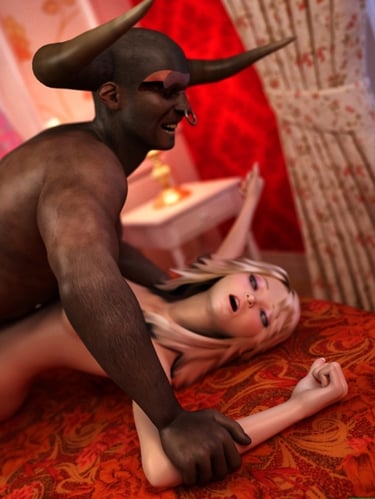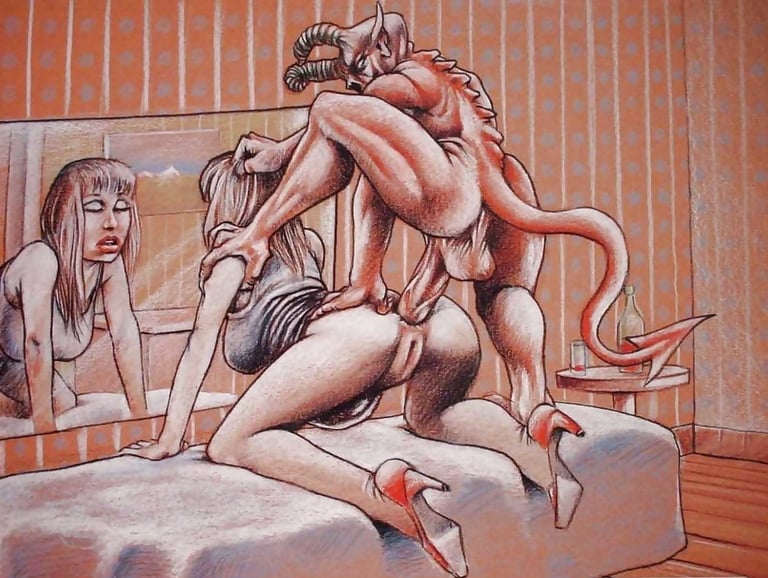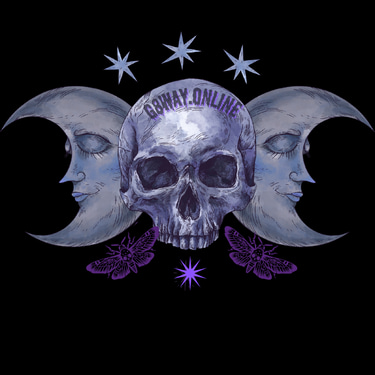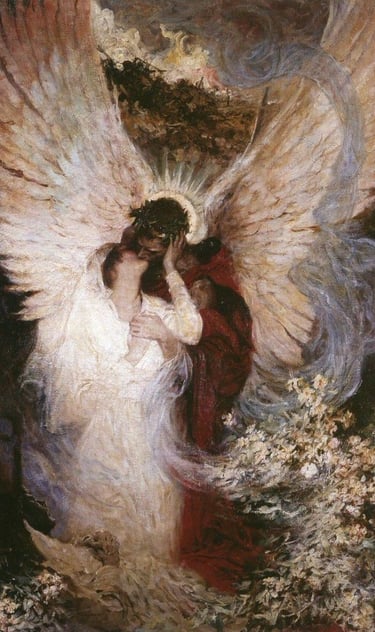

Signs of an "Incubus" Visit
The whole concept of incubi stems from folklore, mythology, and trite religious traditions. Many historical accounts describe people feeling paralyzed, experiencing a heavy presence on their chest, or even having hallucinations of being attacked by an entity. According to sources like Hope Compass and Live Science, symptoms of what people describe as incubus attacks often align with sleep paralysis and hypnagogic/hypnopompic hallucinations, which occur at the edges of sleep. Common experiences include:
A sense of an oppressive presence in the room
Pressure on the chest, making breathing difficult
The feeling of being touched or even engaged with sexually
An inability to move or cry out
Fear, terror, or a sense of malevolence
Sleep paralysis is a well-documented neurological condition where the body remains in a state of REM-induced muscle atonia while the brain is partly awake, leading to vivid and sometimes terrifying hallucinations.



